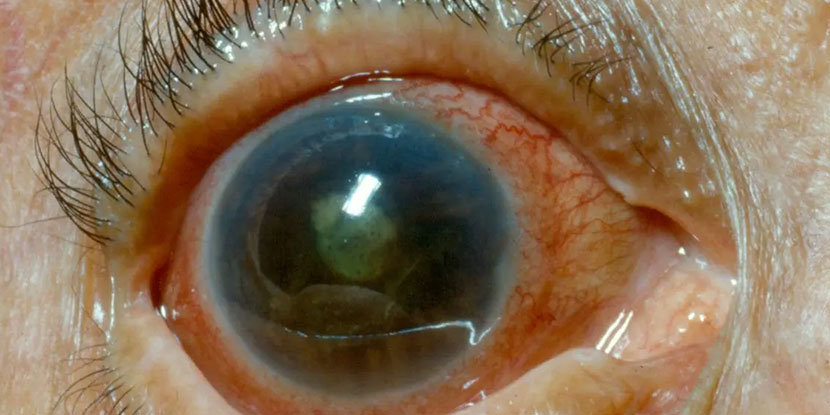Glaucoma, often known as the "silent thief of sight," is a group of eye conditions that can lead to irreversible vision loss if not managed and controlled effectively. In this comprehensive guide, let’s delve into the intricacies of glaucoma, offering insights and practical advice on how to navigate this condition and preserve your precious eyesight.
Understanding Glaucoma:
Glaucoma, a multifaceted eye ailment, involves damage to the optic nerve, typically caused by heightened intraocular pressure (IOP). The optic nerve plays a pivotal role in transmitting visual information from the eye to the brain, and any compromise to its function can lead to vision loss. Although elevated IOP is a prevalent factor, it is crucial to recognize that glaucoma can manifest even in cases of normal or low IOP, underscoring the complexity of this condition.
Early Detection:
The key to preventing vision loss in glaucoma lies in early detection. Regular eye exams, especially for individuals over the age of 40 or those with a family history of glaucoma, previous eye injury or eye surgery, use of medications like steroids, Diabetes, Hypertension are paramount. Comprehensive eye examinations, including measurement of Intra Ocular Pressure, Gonioscopy, Optic nerve examination, and Visual field testing, enable timely diagnosis and intervention.
Treatment Options:
Once diagnosed, the management of glaucoma involves a combination of lifestyle modifications, medication, laser therapy, and, in some cases, surgery. Medications, often in the form of eye drops, aim to reduce IOP by either decreasing the production of aqueous humor or facilitating its drainage. It is crucial for patients to adhere to the prescribed treatment plan and attend regular follow-up appointments to monitor progress.
Lifestyle Modifications:
Certain lifestyle modifications can contribute significantly to glaucoma management. Maintaining a healthy lifestyle, including regular exercise, a balanced diet, and adequate hydration, positively impacts eye health. Heavy weight lifting and yogic exercises with head down postures must be avoided as they can increase pressure inside the eye. Avoiding excessive caffeine intake and adopting stress-reducing techniques can help regulate IOP. Foods found to be beneficial in glaucoma patients are green leafy vegetables, tea containing flavonoids- both improve blood circulation to Optic nerve. Evidence shows benefit with Meditation as well.
Monitoring Progress:
Regular monitoring of the disease's progression is vital for adjusting the treatment plan as needed. Advances in technology, such as optical coherence tomography (OCT) and visual field testing, provide detailed insights into the structural and functional aspects of the eye, aiding in the assessment of treatment efficacy.
Patient Education:
Empowering patients with knowledge is a cornerstone of effective glaucoma management. Understanding the chronic nature of the disease, the importance of medication adherence, and the potential side effects are crucial for patients to actively participate in their care.
By embracing these strategies and working collaboratively with eye care professionals, individuals can effectively manage and control glaucoma, mitigating the risk of vision loss and ensuring a brighter, clearer future. Remember, your eyesight is irreplaceable—let's safeguard it together.
Authored Article by Dr. K Harshitha, Cataract and Glaucoma Surgeon, Maxivision Eye Hospitals, Hyderabad

 Glaucoma demands a multifaceted approach, combining early detection, diligent treatment adherence, and lifestyle modifications
Glaucoma demands a multifaceted approach, combining early detection, diligent treatment adherence, and lifestyle modifications










.jpeg)

















.jpg)


